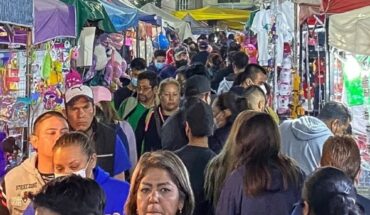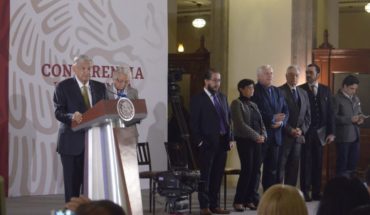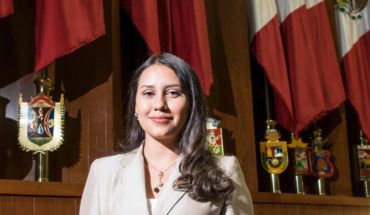Mr. Director:
In these days of social turbulence, where social inequality and income gaps have been put to the mat, it is necessary to comment that in Chile, some time ago the law 20.922 was created that was intended to make a “new plant” in the municipalities.
In a simple way of explaining, the mayors and councillors were given two opportunities: The first was perhaps the simplest; increase the salary of the mayors and with it the municipal directors, that is, the ones who earn the most than they continue to earn more and the budget than about to fix one degree than another within the municipal rank, and thus widen the inequality gap in our country.
The second was perhaps a little more complex, was that the mayors did not raise their salaries and therefore the directors also improve the grades and create new grades especially for those who earn less, but for that we needed a greater sensitivity and solidarity of pair mayors and councillors and want – even with a grain of sand – to try to bridge the inequality gap in our country. Significantly improving the salaries of those who earn the least in the municipal administration, those that do everything and for very little.
The percentage at the national level of who chose one path or another is at 50 to 50.
According to the OECD (Organization for Economic Cooperation and Development) Chile is one of the most unequal countries in the world and now that Chile has woken up, it is appropriate for the community to know that its mayors and councillors had their hands trying to shorten this great inequality gap in our country, some wanted and others simply deepened it. I am a Municipal Official of Loncoche and in my commune the mayor and councillors opted for the path of inequality.
For some reason the hashtags that have been twiter tendencies have been: #noestamosenguerra, #renunciapiñera and #quesevayantodos.
Rodrigo Cuitiño Ortíz
translated from Spanish: Chile, one of the most unequal countries in the world
October 29, 2019 |





